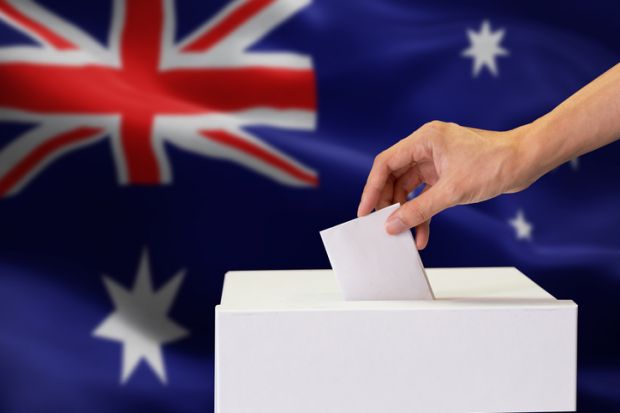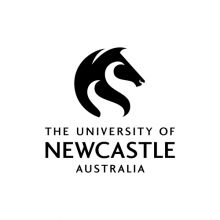Australian university networks have sung from the federal government’s employment songbook in a pre-election spiel highlighting the shortage not of jobs, but of people with the wherewithal to fill them.
A joint statement from the Australian Technology Network (ATN) and Innovative Research Universities emphasises skills gaps in professional fields like accountancy, planning, engineering and psychology as well as familiar areas of shortage such as manufacturing and hospitality.
The statement says such deficiencies are already biting, with more than one-fifth of businesses nationwide currently seeking staff. Job vacancies are almost 75 per cent higher than in pre-pandemic times, with the gaps most pronounced in regional Australia and in health, social assistance and scientific and technical services.
“Particular skill shortages exist in the digital, technology, healthcare and education sectors,” the two groups say in their first combined election pitch. “These are all areas where our universities play a central role in training the future workforce.”
Things are set to get worse, with almost a million new workers needed by 2025 – more than half of them requiring degrees. “Australia needs a more highly skilled and educated workforce to accelerate our recovery and to meet the challenges and opportunities ahead,” said ATN executive director Luke Sheehy.
The joint statement says that all Australians should have access to tertiary education, with universities “prioritised alongside vitally important investments in VET [vocational education and training] and apprenticeships”.
It says that the next government should support “innovative models of collaboration between universities and the VET sector”, as well as backing start-up and incubator programmes in universities.
The two groups also want extra funding for inclusion programmes targeting low-income students whose participation has “stagnated”, and regional areas where it has been in “steady decline since at least 2011”.
Australia appears on an election footing even though the date for the poll is yet to be set, with prime minister Scott Morrison officially opening the University of Newcastle’s new clinical school and research institute on the New South Wales Central Coast on 13 March.
Acting education minister Stuart Robert was in Tasmania the following day, joining a local senator and an election candidate to talk about apprenticeships and training.
Register to continue
Why register?
- Registration is free and only takes a moment
- Once registered, you can read 3 articles a month
- Sign up for our newsletter
Subscribe
Or subscribe for unlimited access to:
- Unlimited access to news, views, insights & reviews
- Digital editions
- Digital access to THE’s university and college rankings analysis
Already registered or a current subscriber? Login










